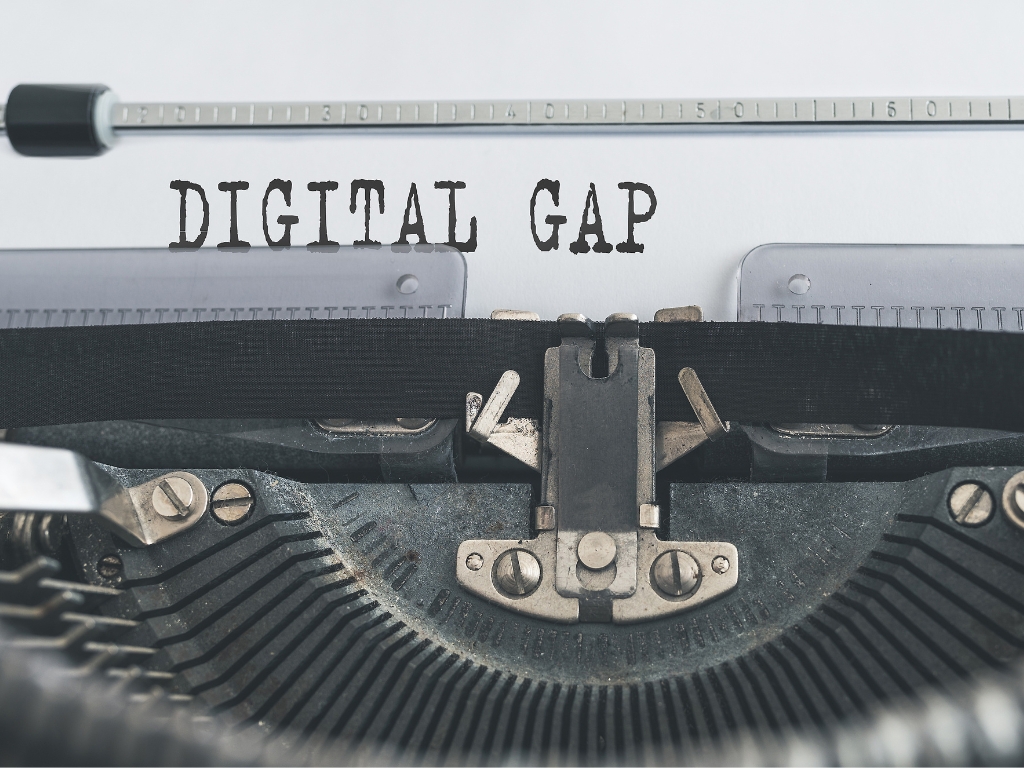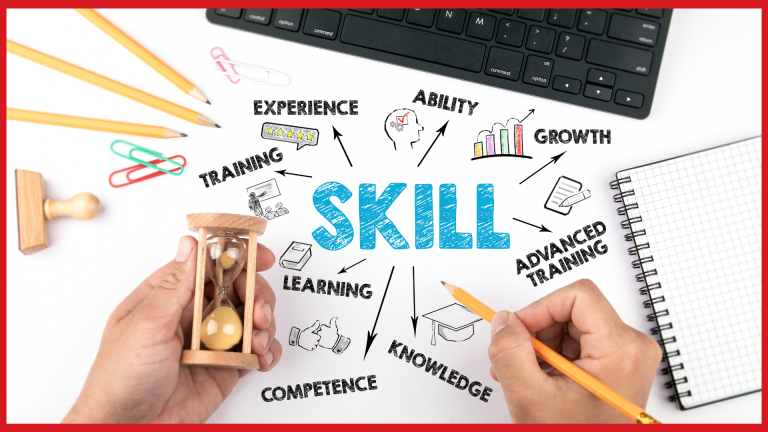In today’s interconnected world, access to digital technology is crucial for progress and development. However, a significant gap known as the digital divide persists, particularly in Africa. This article aims to provide a clear understanding of the digital divide, its impact on the African continent, and the importance of digital literacy and skills in bridging this gap.

Understanding the Digital Divide in Africa: The digital divide in Africa refers to the disparities in access to and utilization of digital technologies across the continent. While some regions have advanced infrastructure and widespread connectivity, others struggle with limited access and resources. Factors contributing to the digital divide in Africa include uneven internet access, high costs, and disparities in digital literacy and skills.
Impact of the Digital Divide: The digital divide has profound implications for various aspects of African society.
Education: Limited access to digital resources and online learning tools hampers educational opportunities for many African students. The divide creates disparities in access to quality education and restricts the acquisition of digital skills necessary for future success.
Economic Disparities: The digital divide exacerbates existing economic inequalities. Lack of access to digital technologies and limited digital skills hinder entrepreneurship, employment opportunities, and economic growth in marginalized communities.
Healthcare: The digital divide affects access to healthcare services, especially in remote areas. Limited connectivity and digital infrastructure hinder telemedicine initiatives and access to vital health information, making it challenging to deliver healthcare services efficiently.
Social Inclusion: The digital divide can further marginalize vulnerable populations, hindering their participation in social, cultural, and political spheres. Without digital access, individuals and communities miss out on valuable connections, information sharing, and social opportunities.
Bridging the Digital Divide:

Bridging the digital divide in Africa requires concerted efforts and collaboration among various stakeholders.
Digital Literacy and Skills Development: Promoting digital literacy and skills development is essential. Empowering individuals with the necessary knowledge and skills to utilize digital technologies effectively will enable them to navigate the digital world and seize opportunities for personal and professional growth.
Increasing Access to Technology: Expanding internet infrastructure and improving connectivity are crucial for bridging the divide. Initiatives such as community networks, public Wi-Fi, and affordable data plans can extend digital access to underserved areas.
Education and Training Programs: Implementing comprehensive digital education and training programs equips individuals with the skills needed to succeed in the digital age. These initiatives should focus on digital literacy, online safety, coding, and other relevant digital skills.
FAQs:
- What is digital literacy in the context of Africa? Digital literacy in Africa refers to the ability to use digital tools and technologies effectively, including accessing information online, understanding online safety, and utilizing digital resources for personal and professional development.
- How does digital literacy help bridge the digital divide in Africa? Digital literacy plays a critical role in closing the digital divide by empowering individuals to leverage digital tools and technologies for education, employment, and community engagement. It enables them to make the most of available resources and bridge the gap between those with and without digital access.
- What are digital skills? Digital skills encompass a range of abilities required to navigate and utilize digital technologies effectively. These skills include online communication, digital collaboration, information literacy, critical thinking, and problem-solving using digital tools.
- How can digital skills training programs make a difference in Africa? Digital skills training programs provide individuals with the necessary knowledge and competencies to thrive in the digital world. By equipping Africans with these skills, we can enhance employability, stimulate entrepreneurship, and foster innovation, leading to socioeconomic advancement and narrowing the digital divide.
- Are there any initiatives in Africa addressing the digital divide? Yes, numerous initiatives in Africa are working to bridge the digital divide. For example, the Alliance for Affordable Internet (A4AI) advocates for affordable internet access, the AGCCI (African Girls Can Code Initiative) supported by the African Union and UN Women and their aim is to close the gender digital divide by helping disadvantaged girls to have access to and use digital technologies.
Google digital skills for Africa offer free online courses and certification. Forward Africa by Mckinsey is a six month free online learning program that equips young talent with practical skills to help them succeed in the future of work. Organizations like Africa Code Week, and digital hubs provide digital literacy and skills training programs across the continent.
The digital divide in Africa remains a significant challenge, but with concerted efforts, it can be overcome. By promoting digital literacy and skills, expanding access to technology, and implementing education and training programs, we can bridge the divide, unlock the potential of individuals and communities, and pave the way for a digitally inclusive Africa. Let’s join forces to ensure that no one is left behind in the digital revolution. Together, we can shape a brighter future for all.




[…] realm of “the so what. But here’s the catch: not everyone has access to this key. The digital divide is a stark reality. Bridging this gap is essential, as it ensures that everyone can make the most […]